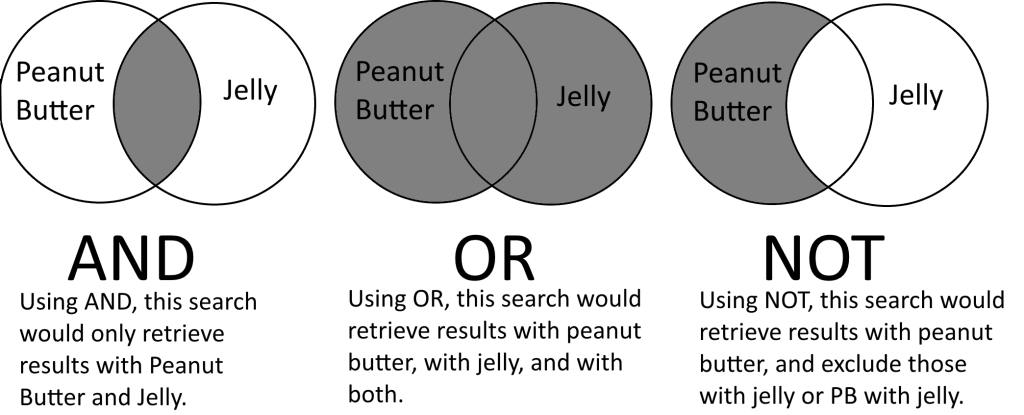- Researchers from the National Cancer Institute (NCI) created an artificial intelligence (AI) tool “that uses data from individual cells” in tumors to predict patients’ response to a specific drug. The report was published in Nature Cancer.
- Purdue University researchers are developing nanoparticles capable of enhancing immunotherapy effects in cancer treatment. The study was published in ACS Nano.
- Researchers from the University of Pennsylvania gained insights into how cancer-caused liver inflammation hinders the immune system’s ability to fight cancer. The study was published in Nature Immunology.
- The researchers from Fred Hutchinson Cancer Center found that a specific type of bacteria, Fusobacterium nucleatum, known as related to gum disease, may promote colorectal cancer. These findings pave the way for therapies targeting these bacteria in colorectal cancer patients. The findings were published in Nature Immunology.
- Researchers from the University of Colorado Cancer Center explored the potential of a two-drug combination, doxorubicin plus bocodepsin, as a promising treatment option for triple-negative breast cancer. The preclinical study paves the way for future human clinical trials. The study was published in Breast Cancer Research.
- A new multicenter study found that women with early-stage triple-negative breast cancer who have high levels of immune cells in the tumor may be at a lower risk of recurrence and have better survival rates. The study was published today in the Journal of American Medical Association (JAMA).
MSK Library Physical Space Closing May 17, 2024
The physical space of the MSK Library located in the MSK Scholar’s Residence Building (with Library entrance at 430 E 67th Street) is scheduled to close to visitors on Friday, May 17, 2024. The library’s online services will not be affected by the closing of the physical location.
Please visit this guide for more information. We will be frequently updating information here, and we hope you will be able to find answers. Look to this page for updates, to FAQs for frequently asked questions, and to Contact Us for the various ways you can reach Library staff.
Why is the physical space of the MSK Library closing?
The building the MSK Library is located in is scheduled to be demolished as part of planned construction.
For more information on the status of this project, visit the public-facing page MSK Plans To Build New Cancer Care Pavilion or the internal MSK page MSK’s New Cancer Care Pavilion (must be on the MSK network or connected via VPN/Virtual Desktop to view).
What is the best way to get in touch with MSK Library staff?
General: The best way to reach MSK Library staff is via our Ask Us page.
Email: asklibrarian@mskcc.org
Chat: Our chat service is available Monday-Friday, 9AM-4PM
Website: https://library.mskcc.org/
Specific Person: Visit our Staff Directory to reach an individual staff member.
What’s NOT: More About the Boolean Operator “NOT”
Boolean Operators (AND, OR, NOT) are tools for combining search terms and are inherent part of online database searching. While experienced searchers will use Boolean Operators directly in their search strategies, even novice searchers that just enter a string of terms into a database’s search box will end up indirectly using the Boolean operator AND, as each space between words will be treated by the database as AND, thus combining each term together into a search strategy that would retrieve results that have all terms present.

Most search strategies will either use just AND or a combination of both AND and OR. The third Boolean operator, NOT, is much more complicated and requires some understanding to use properly in a search.
Using the Boolean Operator NOT
The Boolean operator NOT can be used when a term or terms needs to be excluded from your search strategy.
For example, if you were interested in articles that looked at children with cancer, but you did not want articles that looked specifically at infants, you could create a search strategy like this:
cancer AND child* NOT infant*
— or —
(cancer AND child*) NOT infant*
The Problem with NOT
When using the Boolean operator NOT to exclude terms, it can become problematic when the database excludes records that contain both the term(s) you want to exclude and the term(s) you want in your search.
In the above example, not only articles about cancer in infants will be excluded from the results but it will also exclude any articles about cancer in both children and infants.
Information professionals (librarians and informationists) advise using the Boolean operator NOT with extreme caution when conducting searches. It’s better to reach out to an information professional for assistance with complex search techniques and how to best proceed with a search when there is a term you want to avoid.
Variations Across Databases
Not all databases function the same way, and using the Boolean operator NOT is no different. While most databases allow for using simply NOT to exclude terms, depending on the database or platform, you might need to use the operator AND NOT instead (Scopus), or once the search is performed use the Exclude button found within the Refine Search panel (also in Scopus).
Takeaway
The Boolean operator NOT should be used with extreme caution. It is best to consult a Librarian on its use in your search.